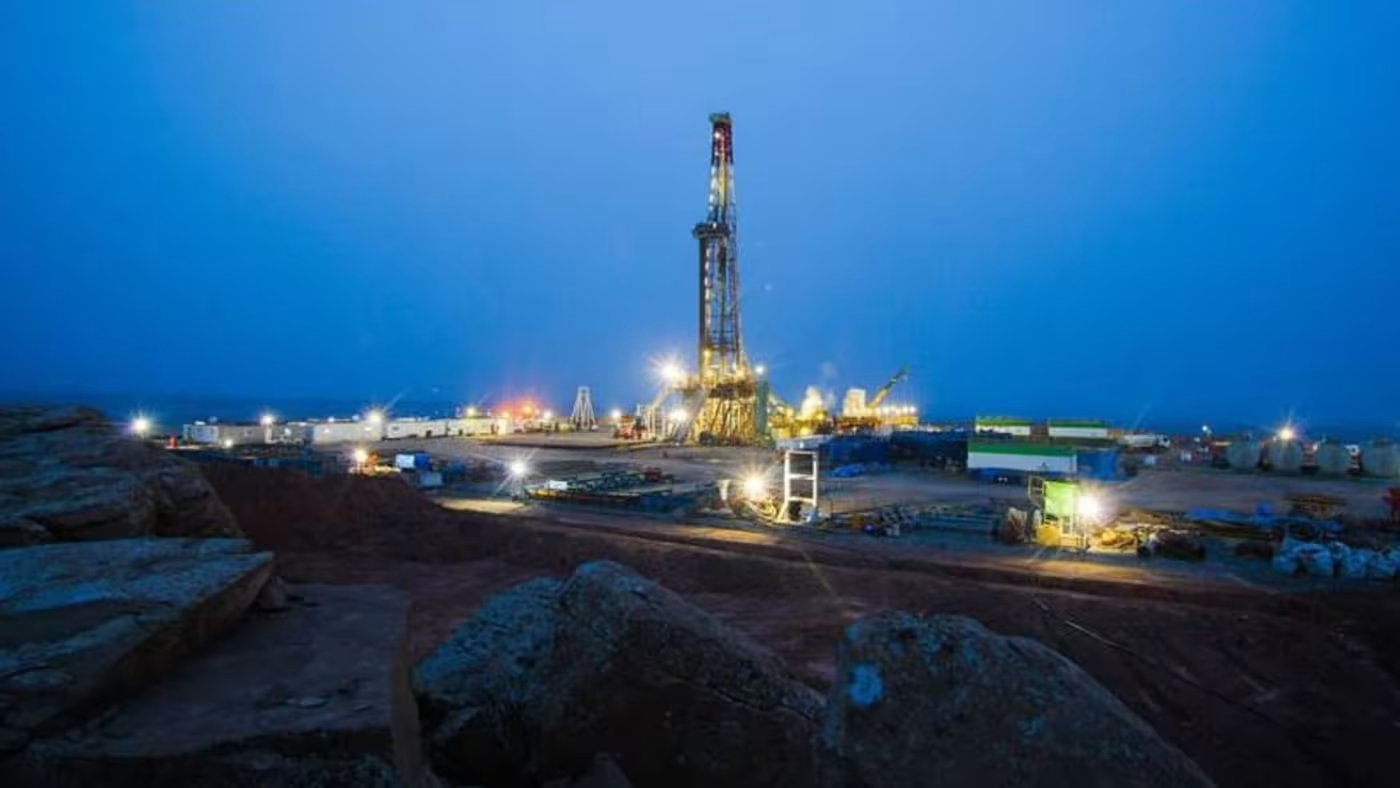Reuters Investigation Reveals Flourishing Kurdish Oil Smuggling to Iran
Oil smuggling from Kurdistan to Iran has surged over the past year, with significant involvement from officials in the Barzani family’s Kurdistan Democratic Party (KDP), according to a Reuters investigation. The illicit trade involves over 1,000 tankers transporting at least 200,000 barrels of discounted oil daily, generating approximately $200 million per month.
A recent investigation by Reuters has uncovered a booming trade in oil smuggling from Kurdistan to Iran, implicating high-ranking officials within the Barzani family’s Kurdistan Democratic Party (KDP). The report reveals that more than 1,000 tankers are transporting at least 200,000 barrels of discounted oil every day to Iran, and to a lesser extent, Turkey. This clandestine trade is estimated to generate around $200 million monthly.
The findings are likely to exacerbate tensions between Erbil and Washington DC, with American officials reportedly evaluating whether this trade violates economic sanctions imposed on Iran. The revelations come at a time when U.S. scrutiny of economic activities in the region is particularly intense.
“Twelve people confirmed that officials in Kurdistan’s two ruling parties, the KDP of the Barzani clan and the PUK of the Talabani clan, were the main beneficiaries of the smuggling operations,” the Reuters report stated. These insights suggest that the illicit trade is not only extensive but also deeply entrenched within the political elite of the region.
The investigation underscores the complex dynamics of Kurdish politics and the economic interests that often drive clandestine activities. The involvement of high-ranking officials in such activities raises significant concerns about governance and transparency within the Kurdistan Region.
KURDFILE has focused on this matter in the past few weeks. The burgeoning oil smuggling trade highlights the persistent challenges of enforcing sanctions and regulating illicit markets in volatile regions. As the situation develops, it remains to be seen how both local authorities and international stakeholders will respond to these troubling revelations.
See the source
Author Profile
- Sarbast is a Kurdish advocate working to bring justice to the Kurdish community through his work at Kurdfile and other Kurdish outlets.
 Opinion28 October 2025The Environmental genocide in Kurdistan
Opinion28 October 2025The Environmental genocide in Kurdistan Diaspora20 August 2025Regay Azadi Organization Demonstrates in the UK Against Corruption in Kurdistan Region
Diaspora20 August 2025Regay Azadi Organization Demonstrates in the UK Against Corruption in Kurdistan Region Opinion31 May 2025Salaries of Employees Amid Political Tensions
Opinion31 May 2025Salaries of Employees Amid Political Tensions Opinion27 May 2025The Iraq health sector shift from publicly funded health services to private business!
Opinion27 May 2025The Iraq health sector shift from publicly funded health services to private business!

